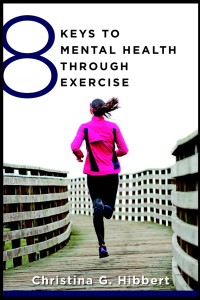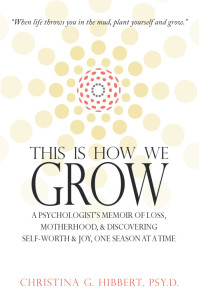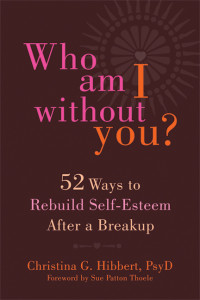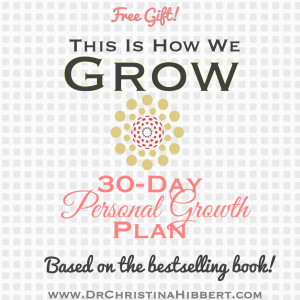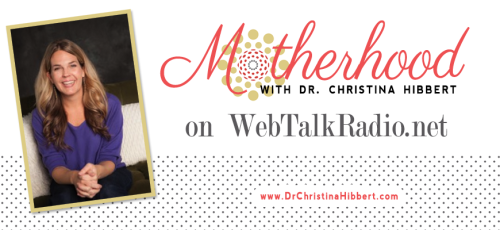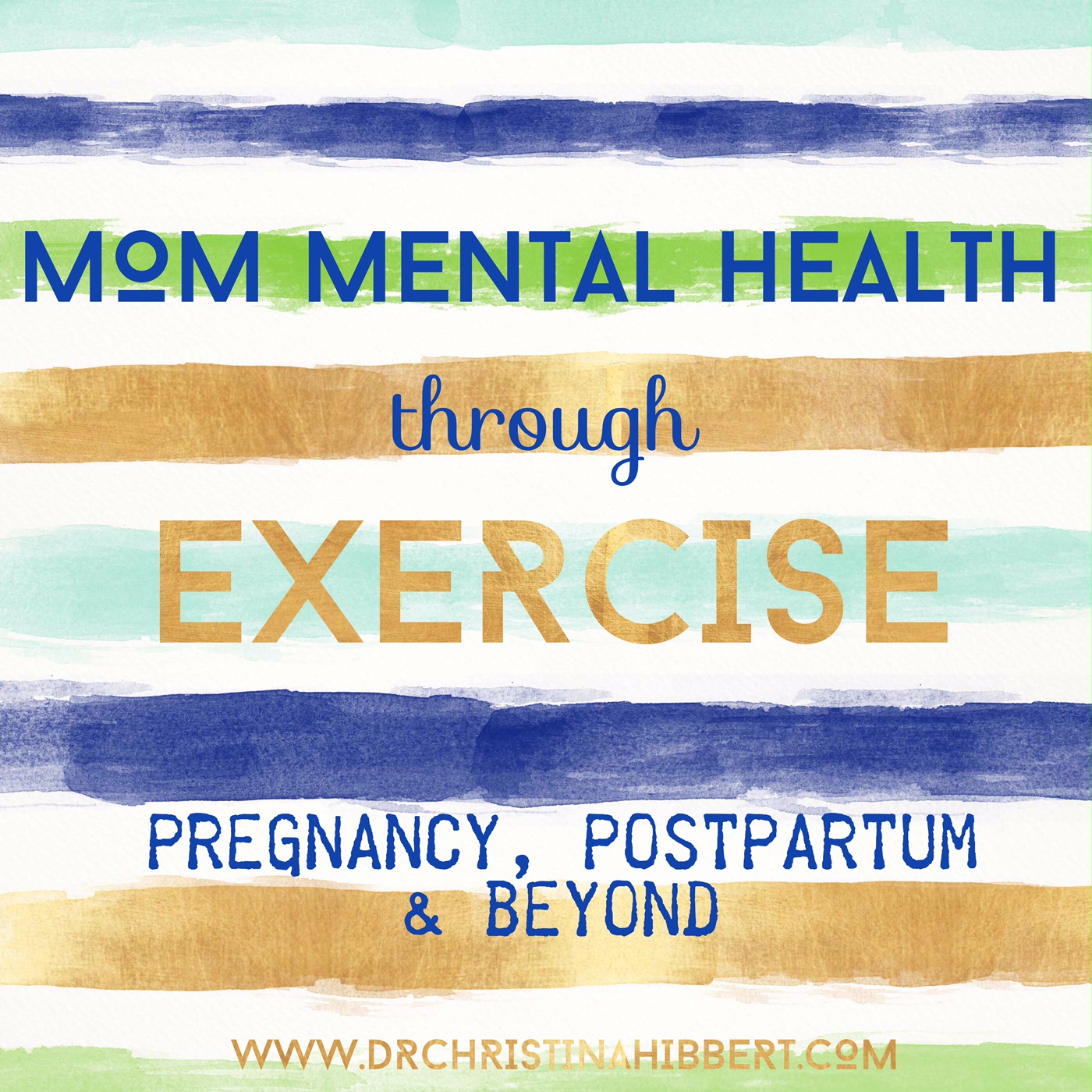
29 Jan “Mom Mental Health” through Exercise: Pregnancy, Postpartum & Beyond!
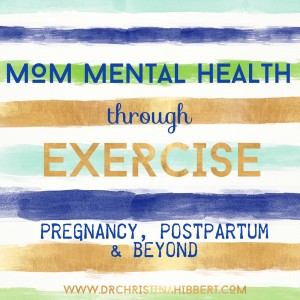
Childbearing Years Mental Health & Exercise
The years of childbearing and parenting young children can be some of the most challenging. For one, the hormonal shifts that accompany pregnancy and childbirth can throw many women into a struggle with a perinatal mood or anxiety disorder, like postpartum depression, and this can significantly impact her partner/spouse, children, and the entire family. Men also experience shifts in emotional functioning after a baby is born and can develop Paternal Postnatal Depression (PPND).
Lack of sleep is another issue that’s common in the childbearing years, with most parents fighting off fatigue and exhaustion on a daily basis. Time is suddenly consumed with caregiving, providing for, and spending time with children and family, in addition to previous work and personal responsibilities. It’s a season of high stress and no sleep that can take its toll on a mother or father’s mental health.
Mom Mental Health: The Facts
To better understand the unique mental health needs of the childbearing years, let’s look at the facts:
- Pregnancy and the first year postpartum are a particularly vulnerable time in a woman’s life. In fact, a woman is thirty times more likely to experience a psychotic episode in the days immediately following childbirth than any other time in her life. This shows just how stressful and challenging the childbearing years can be.
- Postpartum mental health falls on a spectrum, with disorders ranging from mild to severe. On the mild end, up to 80% of women will experience some change in their emotional health
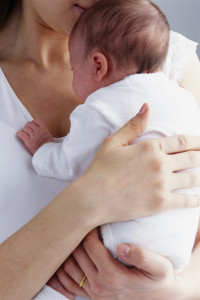 during or after childbirth. This is most commonly referred to as “The Baby Blues,” and typically goes away without treatment. In the middle of the spectrum, we see depression and anxiety disorders. Up to 15% of women will have depression in pregnancy, and as many as one in five will experience Postpartum Depression. Approximately 6% of pregnant and 10% of postpartum women suffer from an anxiety disorder, while 3-5% experience pregnancy/postpartum obsessive-compulsive disorder (OCD), and 1-6% experience postpartum post-traumatic stress disorder (PTSD) (PSI, 2014). On the severe end of the spectrum, 1 in 1000 women will experience postpartum psychosis, a serious and potentially life-threatening mental illness that requires immediate treatment to protect both the mother and the baby.
during or after childbirth. This is most commonly referred to as “The Baby Blues,” and typically goes away without treatment. In the middle of the spectrum, we see depression and anxiety disorders. Up to 15% of women will have depression in pregnancy, and as many as one in five will experience Postpartum Depression. Approximately 6% of pregnant and 10% of postpartum women suffer from an anxiety disorder, while 3-5% experience pregnancy/postpartum obsessive-compulsive disorder (OCD), and 1-6% experience postpartum post-traumatic stress disorder (PTSD) (PSI, 2014). On the severe end of the spectrum, 1 in 1000 women will experience postpartum psychosis, a serious and potentially life-threatening mental illness that requires immediate treatment to protect both the mother and the baby.
- Together, these perinatal mood/anxiety disorders have been called the most common complication associated with childbirth.
- If untreated, pregnancy/postpartum mental illness can become chronic. Maternal depression affects approximately 10% of mothers, after the postpartum period, each year. Only about half seek and receive treatment, and it is estimated that at least one in ten U.S. children has a depressed mother in any given year (Ertel at al, 2007). Maternal depression is one of the strongest predictors of future behavioral and cognitive problems in the developing child (Canadian Pediatric Society, 2004).
- It’s estimated as many as 10% of fathers worldwide, and 14% in the U.S., experience Paternal Postnatal Depression (PPND) (Paulson, 2010), which can also become chronic if untreated. Some estimate these numbers to be even higher, considering many do not discuss their symptoms nor reach out for help.
- About half of men who have depressed partners are also depressed. When both parents are depressed, it can have a significant impact on parenting, bonding, and the overall development and wellbeing of the baby and other children.
The Benefits & Challenges of Exercise in the Childbearing Years
As you can glean from the facts above, if we want healthy children, we need healthy mothers and fathers. Considering the high risk of mental illness during the childbearing years, it’s crucial for parents to be 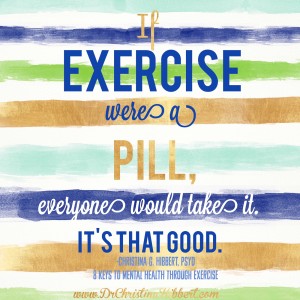 prepared. Receiving education, like the statistics above, is a first step, and understanding the treatment options is a second.
prepared. Receiving education, like the statistics above, is a first step, and understanding the treatment options is a second.
Psychotherapy, medication, or a combination of the two, are considered the go-to treatment for maternal and paternal mental illness. Psychotherapy, it’s now shown, should be considered a first-line treatment for postpartum depression (Stuart et al, 2003), which makes sense, since it can also teach skills and new coping strategies for the stressors of parenthood. Considering the drastic effects of untreated maternal depression on the child, antidepressants are often recommended for moderate to several maternal mental illness. Research has shown that antidepressants and some other psychotropic medications are considered relatively safe for use in pregnancy and while breastfeeding (Chad et al., 2013). Yet, medication use in the childbearing years can be a tough choice for a pregnant/postpartum mother and her partner; they may fear the risk to the infant, and some mothers who do take medications, knowing it’s the right thing, still harbor terrible guilt about it.
Exercise as Treatment!
Exercise is a valuable preventative and treatment method for mental health in pregnancy, postpartum, and beyond.
- Research has shown exercise can significantly elevate mood in pregnant and postpartum women and should be considered a first-line treatment option, especially since so many mothers worry about the risks of antidepressants (Daly et al., 2007).
- It’s not only safe for moms and dads; it’s safe for babies and children, too.
- Exercise also promotes physical and mental health in pregnancy, postpartum, and parenting, and thus it’s truly a win-win.
Barriers to Exercise in Motherhood
Many parents do not exercise, however, and for many reasons. Becoming a parent shifts priorities from self-focus to child-focused. While this is no doubt a good thing, many parents give up their own physical and mental fitness as a result. Some feel, with such a full life, physical activity is no longer as important as it once was.
Of course, lack of sleep can also impact motivation and ability to exercise, as well as the heavy responsibilities new parents face. Finally, having a baby or young children can make it tough for many parents to find the time and space to exercise.
Tips for Exercise in the Childbearing Years
It is possible to maintain a regular exercise program with babies and young children at home. With six kids of my own, trust me, I know. And the good news is that developing an exercise program now will not only benefit your physical and mental health; it will benefit your children, as well. Here are a few suggestions for how to make exercise work for you:
- Involve your child in your exercise program. Put the baby in the sling and do squats or lunges. Place him in the bouncer and do a yoga video, making faces and interacting with him while you do. Use a stroller or sling and go for a walk. Research shows that stroller, or pram, walking is an excellent way to improve mental health with your baby.
- Exercise during naptime. Babies typically enjoy a ride in their stroller or sling while they sleep, and you can benefit by getting out in the sun and moving your body, too.
- Create a home exercise “studio.” This can help you cut your exercise time. During naps, head to your exercise area do a home video, lift free weights, or stretch.
- Join a gym with babysitting included. I taught aerobics for years using the free babysitting, and my kids loved it!
- Exercise together, as a family. Put the kids in the stroller or sling and go for a family walk at the end of a busy day. Great bonding time, and you’re modeling self-care, too.
- Trade off. Couples can take turns watching the kids while the other exercises. My husband and I used to do this: he’d watch the kids while I went for a jog or did a Pilates video, and then he’d head to the gym to play basketball, while I stayed with the kids.
- Involve friends. Meet at the park and take turns watching the kids while the other goes for a jog, or start a babysitting co-op, where each person takes a turn watching all the children, and rotate.
- Little kids can workout “with” you. When my kids were very young, they used to stretch and do yoga with me, or follow along with my exercise video, or they’d ride their Big Wheel up and down the street, while I ran alongside. It’s a great way to instill in kids a love of exercise, too.
- If you just don’t know how to start an exercise program, read this. For many, all we need is someone to show us where to begin. (That’s what my new book, 8 Keys to Mental Health Through Exercise is all about! See below for a pre-order coupon!)
- If motivation is your struggle, read this. As we work to improve motivation, we will find greater and greater exercise stamina, dedication, and success!
~Exclusive, editor-deleted excerpt from my brand new book, “8 Keys to Mental Health Through Exercise” Coming April 2016, and available for pre-order TODAY on Norton.com (COUPON: save 25% plus free shipping with code HIBBERT) on Amazon & Barnes & Noble! Watch for more sneak peak excerpts, coming soon!
My NEW book is almost here! “8 Keys to Mental Health Through Exercise“
Pre-Order on Norton.com and SAVE 25% plus free shipping, with the code HIBBERT,
or order on Amazon or Barnes & Noble!
Be sure to check out my bestselling, award-winning memoir, This is How We Grow!
Available at Amazon or Barnes & Noble!
My latest book, “Who Am I Without You,” is available now at
Target, Amazon, Barnes & Noble, New Harbinger, or your local bookseller!
Join my “This is How We Grow” 30-Day Personal Growth Plan!
Listen to my episode of “Motherhood” radio, “How to Overcome and Mom Mental Health Crisis and (Eventually) Use it for Good”. Listen on demand/download the episode at WebTalkRadio.net, and/or visit iTunes to subscribe.
Let’s Connect!
SUBSCRIBE, above, “Like” me on Facebook Dr. Christina Hibbert; This Is How We Grow, & follow me on Twitter, Pinterest, & Instagram!
Related Posts/Articles:
New Year, New You! Top 6 Strategies for Personal Growth & Change
“This is How We Grow” 30-Day Personal Growth Plan–My New Year’s Gift to You!
New Year’s Goal-Setting: 5 Steps for Personal Growth Success
Becoming the Butterfly: The Power of Personal Transformation
Beyond Resolutions: Discover your New Year’s Vision
What I’ve Learned about Personal Growth from a Decade of New Year’s Themes
Get Mentally & Physically FITT: How to create an exercise program that Works!
6 Strategies for Mind-Body Wellness & Empowerment
Personal Growth & Self-Actualization
10 Ways I “Choose to Grow” Each Day
Living a Life of Purpose & Meaning: The Key to True Happiness
Parenting Skills Top 10: #1 Do Your Own “Work” First
End of Year Family Awards Celebrates Kids’ Accomplishments!
Stress Management: 15 Proven Ways to Stress Less & Smile More
Slow Down & See: How to Appreciate the Richness of Life

